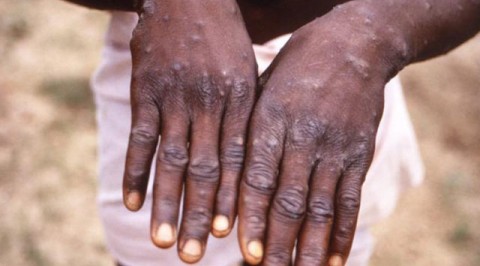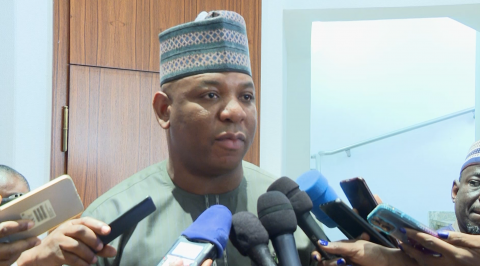CAFAN – Nigeria Produces 420,000 Metric Tonnes Of Fish
The Catfish Association of Nigeria (CAFAN) on Sunday said that Nigeria produced 420,000 metric tonnes of fish after aquaculture was included in the Growth Enhancement Support (GES) scheme.
The National President of CAFAN, Chief Tayo Akingbolagun, told the News Agency of Nigeria (NAN) in Lagos that Federal Government’s ban of some fish species was to stimulate local production.
Akingbolagun said that the ban was also to help fish farmers expand their tentacles to produce other fish species and to make them available in the market.
“The Federal Government in 2013 included aquaculture in the GES scheme, which has helped to increase fish production to about 420,000 metric tonnes per annum.
“Under the first phase of aquaculture in the scheme, 840 fish farmers in 10 states were each given 500 fingerlings. The second phase will begin soon in another 10 states.
“I commend government’s efforts toward stimulating local production that will boost the economy, especially in the ban on importation of tilapia fish.
“We can produce tilapia and other species here because the weather is good and we have everything working in our favour in that regard.
“So, this is to encourage farmers to spread their tentacles to produce other species,’’ he said.
On the Federal Government’s 25 per cent ban on fish importation, the president described the ban as a laudable gesture.
Akingbolagun said that it was a roadmap to improve the country’s export capabilities as it was done in many advanced countries.
According to him, it is a process that needs time before fish traders will adapt to the development.
“I will encourage fish traders to be patient at this stage because this policy is just kicking off and will take time before we begin to see the gains.
“This is aquaculture, it does not take three or four years, just about six months to one year, and everything will be normalised.
“This will help our export capabilities; that is we will be able to export our locally produced fish for economic stability,’’ Akingbolagun said.
He also noted that jobs would be created, adding that the more the country imported fish, the more the youth would be jobless.
NAN reports that as part of efforts to commercialise tilapia production and other fish species, the ministry had taken bold steps at diversifying the fisheries sub-sector.





